
Huma Younas was just 14 when she was taken from her home in Karachi in October last year. She was transported 600km to the Punjab region, where she was forcibly converted to Islam and married off to her captor.
A court in Karachi refused to intervene as it accepted the claims of her legal husband, Abdul Jabbar, that she is 18 and willingly consented to marriage.
Since then, a new hearing has been set to consider the official record of her birth.
John Newton of Aid to the Church in Need says this news is hopeful, but the courts might find other reasons to delay.
The girl is now pregnant.
Her Lawyer, Tabassum Yousaf, said her only hope might rest with an appeal to the Supreme Court of Pakistan.
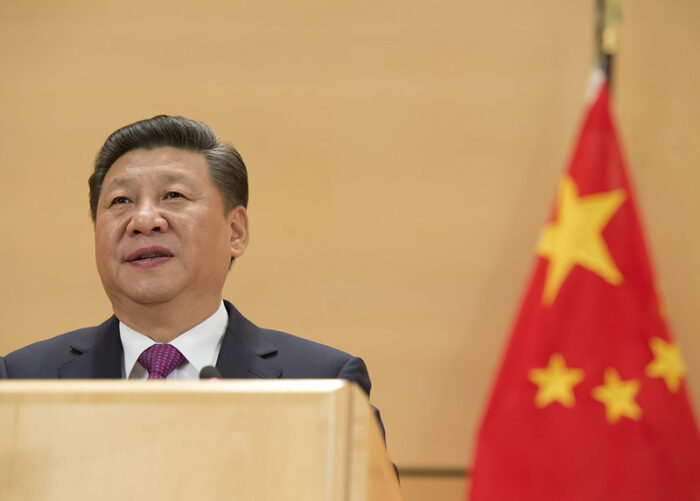
Uigher women who fled Beijing’s brutal crackdown on the Muslim minority in its northwest Xinjiang province have detailed the atrocities they suffered and witnessed including women who were forcibly sterilised, ordered to have abortions and their husbands taken away to concentration camps.
Zumret Abdullah is one witness to how the communist State “turns hospitals into terrifying places of murder”. She spent four years training as a nurse at Urumqi Medical University, then three years working in its hospital maternity ward.
She estimated she saw about 90 forced abortions in those three years. Expectant mothers were made to swallow pills to abort foetuses or, if more than five months pregnant, had to have fatal injections into the heads of their unborn child. ‘I witnessed a lot of tragedies there,’ said Zumret, 30.
‘The husbands were not allowed inside. They take in the women, who are always crying. Afterwards, they just threw the foetus in a plastic bag like it was trash. One mother begged to die after her seven-month-old baby was killed. It took three more days to give birth. It was a proper baby. She asked if they could bury it but the doctors would not give it to the family.
‘These women suffered so much. Doctors would claim the women wanted abortions but then you would hear them chatting in the office and learn the truth.’
Zumret quit her job, unable to bear the trauma. ‘I was having mental problems, seeing babies in my dreams. I still have nightmares,’ she added.
She said all the victims were Uighur, despite many Han Chinese moving to Urumqi, the regional capital. ‘It never happened to a Chinese person once. This was just to control the Uighur population.’
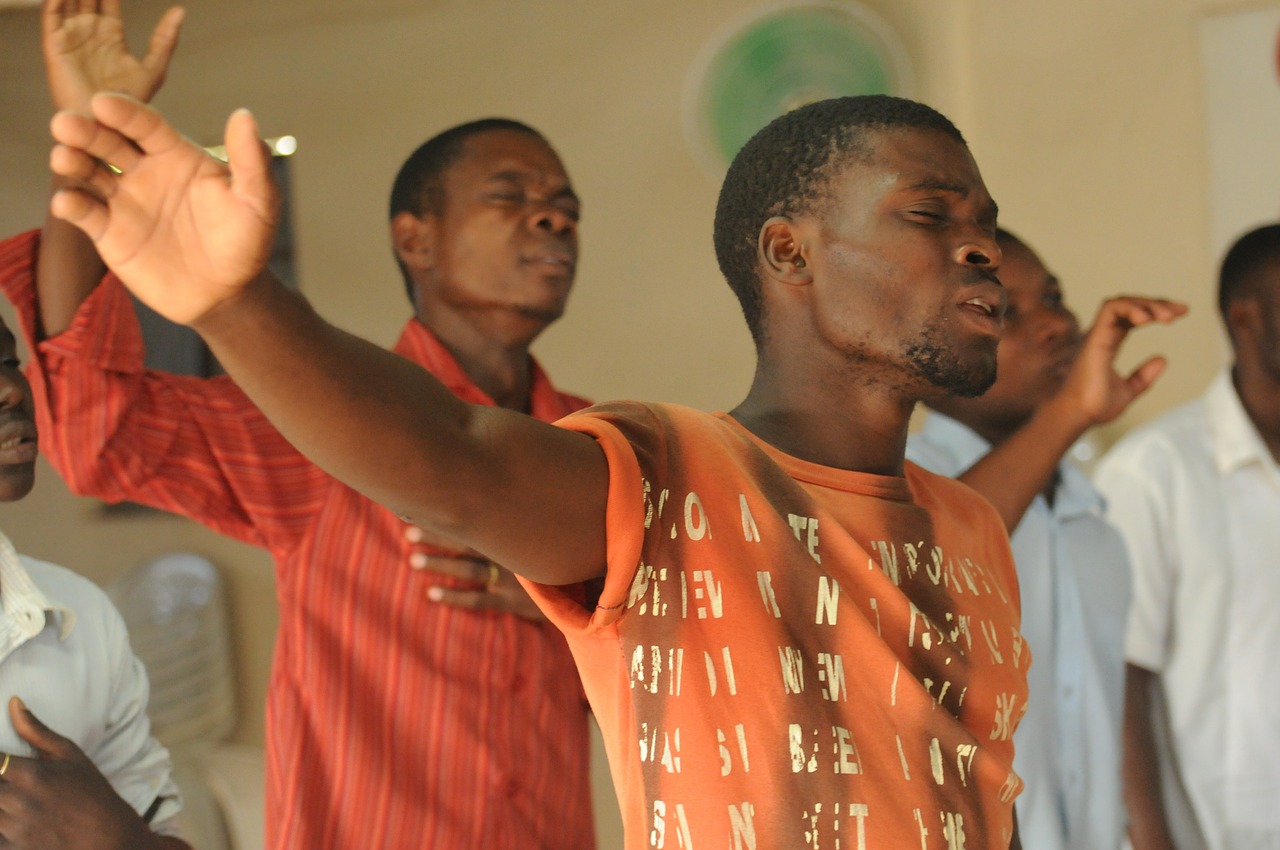
A new global survey has found significant variations on whether people think belief in God is needed to underpin good moral values.
The Pew Research Center surveyed 38,426 people in 34 countries in 2019 asking them: “What is the connection between belief in God and morality? And how important are God and prayer in people’s lives?”
People in the emerging economies included in this survey tended to be more religious and more likely to consider religion to be important in their lives, and they were also more likely than people in this survey who live in advanced economies to say that belief in God is necessary to be moral.
Within countries, people who are relatively nonreligious are more inclined than highly religious people to say it is not necessary to believe in God to be a moral person.
Despite variances in religious observance, a median of 62% across the countries surveyed say that religion plays an important role in their lives, while 61% agree that God plays an important role in their lives and 53% say the same about prayer. Since 1991, the share of people who say God is important to them has increased in Russia and Ukraine, while the opposite has occurred over the same time span in Western Europe.
In the eight Western European publics surveyed, a median of just 22% say belief in God is necessary to be moral, while in the six Eastern European nations studied, a median of 33% share the same view. Prior research establishes the European continent as increasingly secular on the whole, though among Europeans, there are notable differences between Eastern and Western countries in attitudes toward religion and religious minorities.
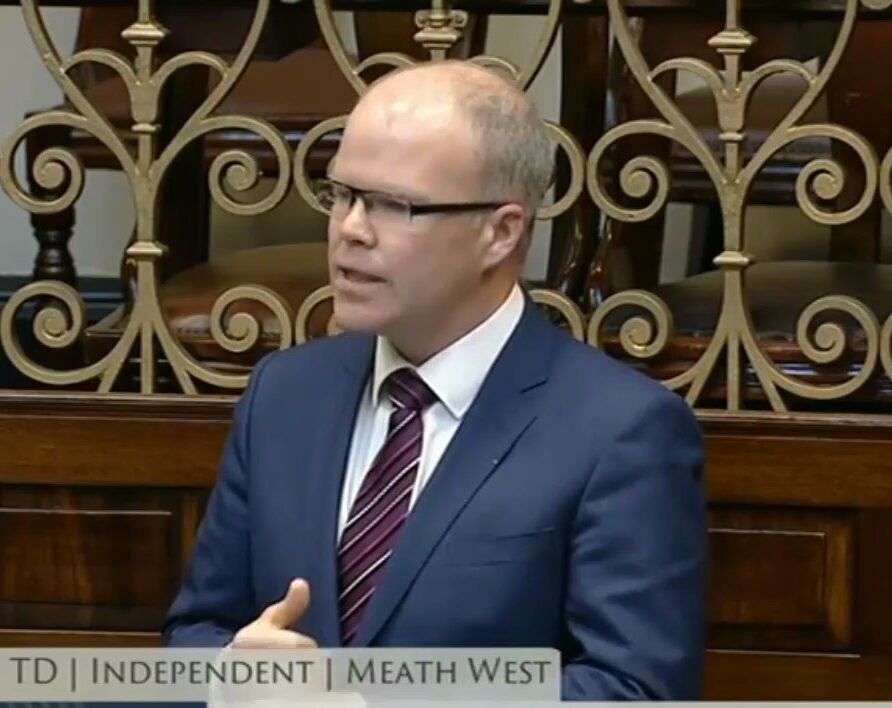
The letter was organised by the leader of Aontu, Peadar Toibin.
The letter asks the Taoiseach, Tánaiste and Minister for Foreign Affairs that Ireland would “immediately condemn the barbaric measures being used by the Chinese Government to slash the Uighur Muslim population in China”.
“The campaign has been labelled a ‘demographic genocide’ by international experts. We are deeply concerned about the ‘detention camps’ to which women are being sent if they have more than the ‘permitted’ number of children.”
It adds that news outlets are now reporting that China has subjected “hundreds of thousands of women” to forced pregnancy tests, forced birth control, sterilisation and forced abortions.
“We are deeply concerned at drone footage that shows hundreds of men and women being led blindfolded onto trains. We are very concerned at reports of men and women being detained without charge or conviction for indefinite lengths of time in ‘thought transformation camps’”.
It concludes with a direct appeal to “urgently intervene and make Ireland’s opposition to this torture known”.
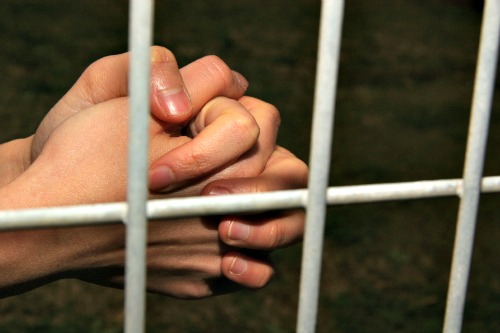
Christians risk being criminalised for quoting passages of the Bible if a new proposed hate crime legislation in Scotland is passed, the Catholic Church has warned.
The bill would make “stirring up hatred” against certain groups a criminal offence.
Anthony Horan, director of the Catholic Parliamentary Office, said that it could clog up the courts, stifle freedom of expression and enshrine a damaging “cancel culture”.
He also claimed that Christians fear they could end up in the dock for expressing Biblical views on same-sex marriage or opposing plans to make it easier for transgender people to have their preferred identity legally recognised.
“A new offence of possessing inflammatory material could even render material such as the Bible and the Catechism of the Catholic Church inflammatory,” he said.
Mr Horan claimed that Scotland was at risk of becoming an “intolerant, illiberal society”.
He added: “The church decries so-called ‘cancel culture’, expressing deep concern at the hunting down of those who disagree with prominent orthodoxies with the intention to expunge the non-compliant from public discourse often with callous disregard for their livelihoods.
“No single section of society has dominion over acceptable and unacceptable speech or expression. We urge our MSPs to ensure that these new laws are proportionate and fair and allow for respectful debate and tolerance.”
Concerns about the legislation have also been raised by the National Secular Society and the Law Society of Scotland, which said: “We have significant reservations regarding a number of the bill’s provisions and the lack of clarity, which could in effect lead to restrictions in freedom of expression.”
The police have also highlighted flaws with the proposal.
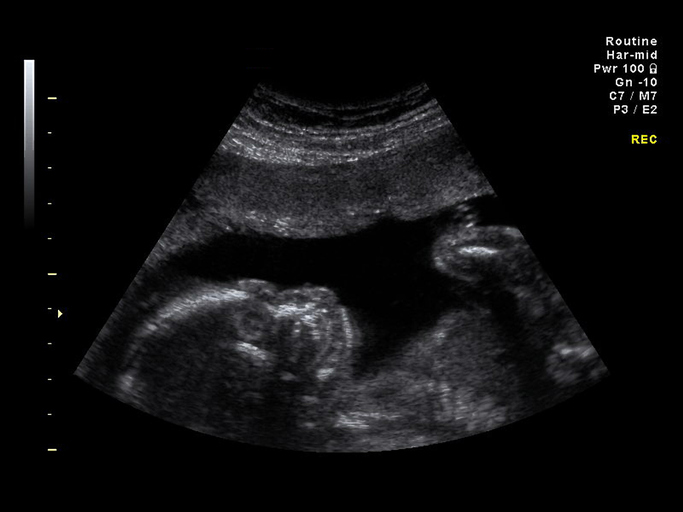
The parents of a child aborted at the National Maternity Hospital after a wrongful diagnosis are threatening a court injunction to stop what they fear will be a biased inquiry.
An investigative review to be carried out by a team of experts was due to begin last year, but a dispute over membership and alleged conflicts of interest repeatedly delayed it.
The hospital now says it intends to go ahead with the review anyway, despite the ongoing objections.
In a series of strongly worded letters on behalf of the couple, the hospital has been accused of acting without transparency and accountability, and adopting a bullish approach to the matter.
The couple’s solicitor Caoimhe Haughey has written to the Taoiseach pleading with him to intervene: “I believe you will agree it is really beyond extraordinary that a hospital which is funded and indemnified by the Irish State believes it can act with such impunity and sees itself answerable to no one.”
The couple, who say they have been left mentally and physically broken, have asked to meet him personally to highlight the extent of their distress at the failure to resolve their concerns over the make-up of the inquiry.
A spokeswoman for the Taoiseach said yesterday he had requested that Health Minister Stephen Donnelly meet the couple and their solicitor to listen to their concerns and attempt to break the deadlock.

The UN’s agency for population control has hit out against sex-selective abortions in a new report. Nonetheless, it quotes the UN’s Human Rights Committee comment that “bans on sex selection are often ineffective and also infringe reproductive rights”.
In its State of World Population 2020 report, the United Nations Population Fund (UNFPA) writes that “From a human rights perspective, gender-biased sex selection is a harmful practice because it translates a preference for boys over girls into a deliberate prevention of female births. Unambiguously linked to discriminatory norms and behaviours, it is a malignant outcome of gender inequality.”
The 2020 report says that “[m]ore than 140 million females are considered missing today as a consequence not only of gender-biased sex selection but also of postnatal sex selection” (i.e. infanticide).
It adds that “between 2013 and 2017, about 460,000 girls in India were ‘missing’ at birth each year. According to one analysis, gender-biased sex selection accounts for about two thirds of the total missing girls”.
The report says that the UN’s Human Rights Committee, “has reminded States Parties that gender-biased sex selection is a reflection of the subordination of women and that they therefore have an obligation to address the root causes”.

Planned Parenthood of Greater New York will remove the name of Margaret Sanger, a founder of the national organisation, from its Manhattan health clinic because of her “harmful connections to the eugenics movement,” the group have said.
Ms. Sanger, a public health nurse who opened the first birth control clinic in the United States in Brooklyn in 1916, has long been lauded as a feminist icon and reproductive-rights pioneer.
But her legacy also includes supporting eugenics, a belief in improving the human race through selective breeding, often targeted at poor people, those with disabilities, immigrants and people of colour.
“The removal of Margaret Sanger’s name from our building is both a necessary and overdue step to reckon with our legacy and acknowledge Planned Parenthood’s contributions to historical reproductive harm within communities of color,” Karen Seltzer, the chair of the New York affiliate’s board, said in a statement.
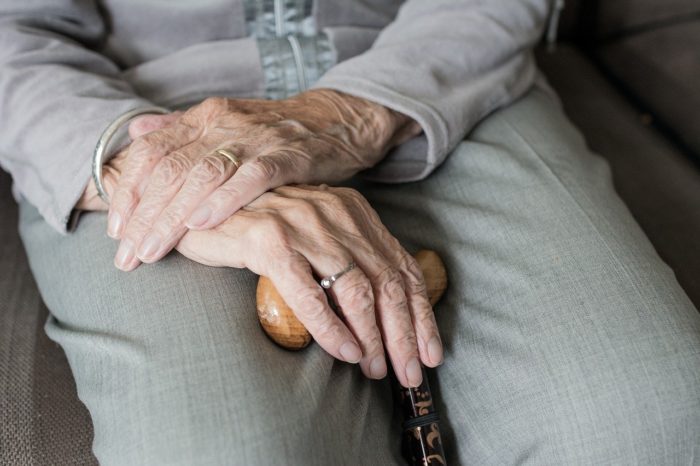
A Dutch MP has submitted a long-awaited bill to offer healthy Dutch over-75s a right to euthanasia.
Pia Dijkstra, medical ethics lead for D66, a party in the coalition Government, promised to go forward with the controversial bill at the end of January, after government research revealed that around 10,000 people over 55 have a serious death wish.
But it is unclear whether Dijkstra’s bill would win over the majority of MPs as it would be a free vote.
Her proposed law would mean healthy over-75s with a strong death wish for at least two months could have the assistance of an ‘end-of-life supervisor’ to die. But opponents of the law – including the KNMG Royal Dutch Medical Association – believe it could undermine the strict due care conditions of the existing euthanasia law, arguing that lonely and impoverished older people should have help, not the choice of an early death.
The ChristenUnie – a government party with five seats – has said the proposal is insensitively timed and completely unacceptable. Gert-Jan Segers, party leader, said he found it “extraordinarily painful that at a time when old people feel extra vulnerable, D66 submits a proposal that we know will cause many of them increased insecurity and worry.’ He added: ‘This is a path that the ChristenUnie absolutely will not tread.’
The CDA, the other Christian party in government with 17 seats, is also against the proposal, suggesting it could undermine existing euthanasia law. When the research on the unhappy older people was published, now-CDA leader and health minister Hugo de Jonge made an appeal to tackle loneliness and social problems. ‘This group’s death wish is serious and the report underlines the need for action,’ he wrote in a parliamentary briefing. ‘It is our task to make every effort to ensure that these people find the meaning of life and meaning in life again.’

China’s Communist government is aggressively consolidating dominance over its tens of millions of Christians, according to a leading religious freedom expert.
The director of the Hudson Institute’s Center for Religious Freedom, Nina Shea, says the moves should trouble all China observers, whether Christian or not.
Writing in National Review, she says these churches have constituted the largest nationwide movement with a culture and belief system distinct from that of the Chinese state. “Courageous doctors, lawyers, scientists, and journalists dissent, but they can do so only individually or in small groups outside any national institutional support. Since the 1980s, the church — Protestants and Catholics, open and underground — had survived with more ideological independence than any other civil-society organization in China”.
She added: “Christians have long been persecuted and restricted, but the current comprehensive push to meld churches with the CCP, under penalty of eradication, threatens to be devastating to the faith. It signals the advance of totalitarianism, just as China is rising as a world power”.